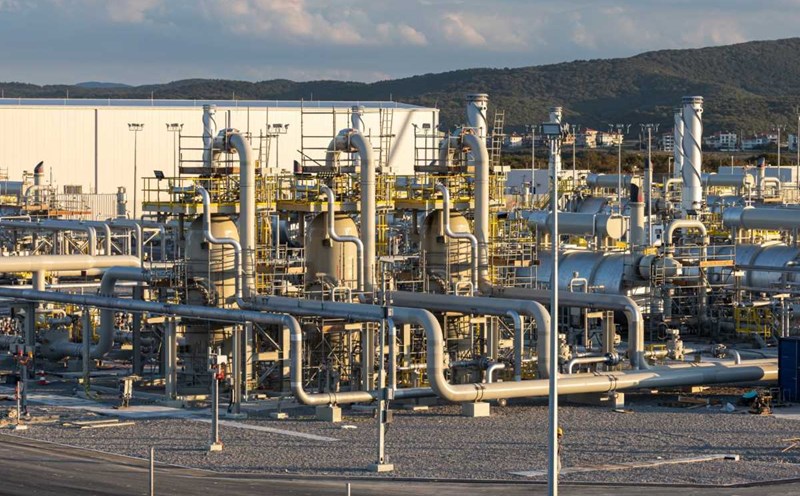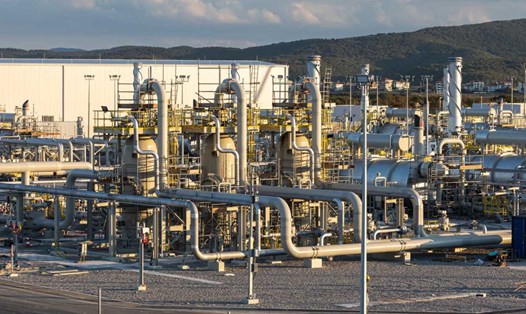According to Politico, in the first two weeks of 2025, the European Union (EU) imported liquefied natural gas (LNG) from Russia at a record pace.
Data from commodity information provider Kpler shows that EU countries have purchased 837,300 tons of LNG from Russia, marking an all-time high, up sharply from 760,100 tons in the same period in 2024.
The sharp increase comes shortly after Ukraine refused to extend the pipeline gas transit contract with Russian giant Gazprom until the end of 2024. This decision has cut off gas supplies to countries such as Romania, Poland, Hungary, Slovakia, Austria, Italy and Moldova via pipeline from Russia.
Russian gas exports via pipelines have fallen significantly after the Ukrainian conflict and the sabotage of the Nord Stream pipeline in September 2022.
Despite commitments to reduce dependence on Russian energy, the EU continues to import large amounts of LNG from this country. LNG is not completely affected by recent EU sanctions.
In June 2024, the EU applied a ban on Russian LNG for the first time, including a ban on the transfer of gas from ships to ships, from ships to shore for the purpose of re-export. However, these sanctions have a transitional period of up to 9 months, creating conditions for member countries to continue importing LNG from Russia.
Although the EU has set a goal of gradually reducing its dependence on Russian energy, according to Kpler data, the volume of LNG purchased by the bloc accounts for 15% of total imported fuel as of June 2024.
In the first half of last year, Russia was the second largest LNG supplier to continental Europe after the US, according to data from the Institute for Energy Economics and Financial Analysis, up to 21%.
Last week, Russian President Vladimir Putin emphasized that Russia will continue to increase its share of the global LNG market, affirming that this is one of the most demanded energy products in the world.









